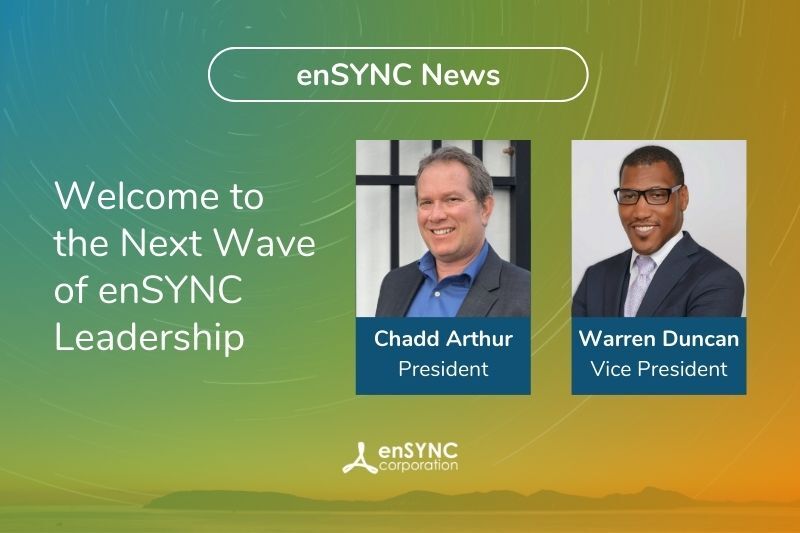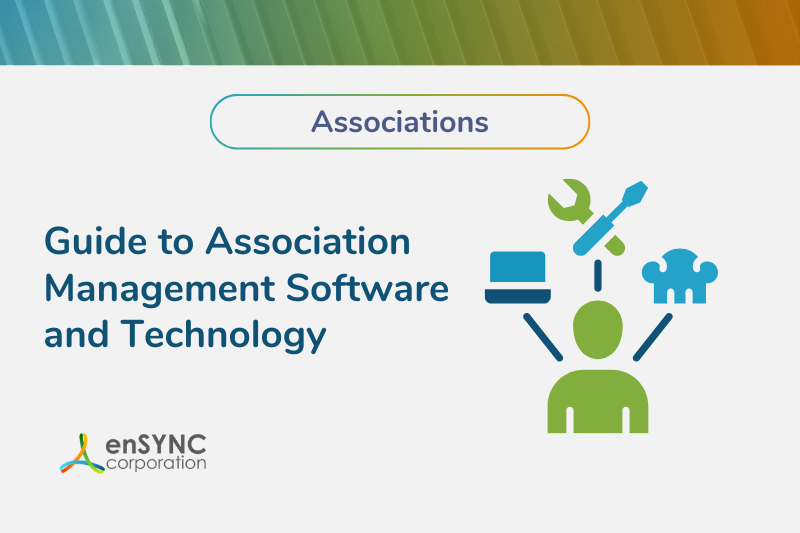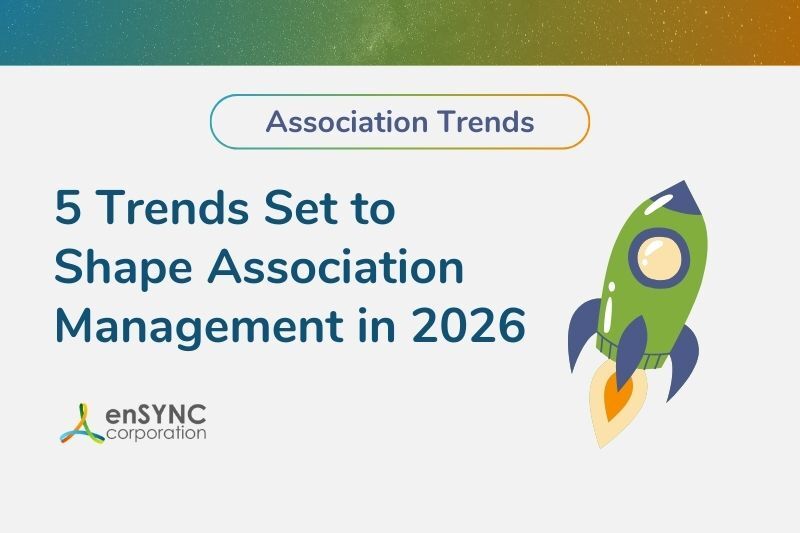Software solutions | Senior living | Financial management
Quickbooks for Nonprofits, Nursing and Retirement Homes
April 26, 2023
|
QuickBooks is a popular accounting solution that helps medium and small nonprofit organizations, retirement communities, and nursing homes manage financial operations. Developed by Intuit, Quickbooks is available in several versions, including Quickbooks Online, QuickBooks Online Plus, Quickbooks Premier, and Quickbooks Desktop.
With a range of features across all Quickbook products, the software helps streamline many accounting tasks, including bill payments, inventory management, payroll, invoicing, and financial reporting. Other solutions include Xero, Freshbooks, Wave, Zoho, and Sage Intacct.
Switching to a new accounting system can be challenging. To help you get started, read on to learn more about the benefits of cloud-based accounting software and how it can help reduce your accounting workload.
Still using spreadsheets? There is a better way.
The development of spreadsheet programs like Microsoft Excel revolutionized how organizations managed their financial resources. Finance professionals were no longer bound by paper-based accounting methods that were error-prone, time-consuming, and inefficient.
Times have changed, and businesses have become more complex. As a result, spreadsheet programs today typically burden teams with extra accounting work, especially in organizations with locations across multiple states.
Modern accounting software is the solution.
Organizations of all sizes can benefit from changing their accounting system. It may seem intimidating at first, but today’s solutions are easier to use and implement than some people may believe.
Modern accounting software applications are intuitive and leverage AI and automation to streamline processes and enhance collaboration. Further, today’s solutions include onboarding programs, online video tutorials, and comprehensive documentation to facilitate the implementation process.
Some features that specifically benefit nonprofit, retirement community, and nursing home accounting operations include:
Automatic Bank Account Feeds
Automatic bank feeds enable you to connect bank, credit card, and other financial accounts to download and categorize transactions automatically. This eliminates the need to enter transactions manually, so you save time, minimize repetitive tasks, and reduce errors.
Automatic updating also ensures your financial data is accurate and up-to-date, giving you a real-time overview of your organization's financial health. Reconciling accounts is also much easier because most applications match downloaded data with the corresponding system entries while highlighting missing transactions and discrepancies.
Invoice and Payment Processing
Invoicing and payment processing features allow you to easily receive and track payments, and create and manage invoices. Most systems also feature tools to set payment terms, add additional items, and automatically send financial statements to members and customers. In addition, some solutions integrate with other systems to track received payments, payment methods, and other critical details.
Expense Tracking
Most software systems feature expense-tracking tools that allow you to record, categorize, and monitor expenses over time. This lets you quickly see how resources are allocated and identify where costs can be reduced. Some accounting applications additionally provide tools that track customized metrics, enabling you to make better spending decisions.
Budgeting and Forecasting
Most modern accounting systems feature specialized tools to create and manage budgets, allowing you to plan spending and forecast revenue more effectively. Additionally, some applications include budgeting tools that help you make projections based on current trends and historical data.
Customizable Financial Reports
Organizational stakeholders such as managers and board members require different information when making decisions. Today’s software makes the process quick and easy with features to create custom reports personalized for everyone in your organization.
Most systems allow you to create standard report types, including cash flow statements, balance sheets, and income statements. Further, most software programs enable you to define custom metrics, choose from specific date ranges and fields, and other relevant parameters.
Integration with Other Software Applications
Cloud-based nonprofit and retirement community software integrates with various third-party apps and services such as tax preparation software, point-of-sale systems, and payment processors. This allows you to reduce data entry between systems, streamline workflows, and improve accuracy.Some examples of software integrations include:
- Payment Processors: PayPal, Stripe
- Service Tracker: integrates with NetSolutions EHR
- Point of Care: Relaymed, Eldermark
- Customer Relationship Management (CRM) Software: HubSpot, Salesforce
- Time-Tracking Applications: Harvest, Clockify
The right software reduces your accounting workload.
Unlike spreadsheets, modern accounting software is specifically designed to manage financial data and processes for the current business environment.
Some specific advantages that reduce your accounting workload include:
Modern software automates many processes.
Integrated accounting solutions automate many tasks for small businesses, including bank reconciliations, expense tracking, payments, and more. Besides saving time, automation can reduce errors and improve efficiency.
Accounting software helps you manage everyday accounting and enhances productivity.
Modern accounting software for nonprofits simplifies day-to-day accounting to save time and increase productivity. Automated features streamline invoicing, expense payments, and payroll transactions to reduce redundant and repetitive tasks so employees can focus more on activities that add business value.
Customized accounting software simplifies grant and donor management.
Accounting software tailored for nonprofits features tools to help manage donor and grant data more efficiently. Besides streamlining donor and grant management, nonprofit financial software provides insights into fundraising campaigns, enabling you to refine your marketing strategy.
Cloud-based accounting software scales easily.
Your organization’s needs change. With cloud-based accounting software, resources can be easily and quickly scaled up or down depending on your requirements. Besides simplifying the scaling process, most software providers use a “pay-as-you-go” pricing model that allows you to only pay for the resources you use without compromising performance.
Accounting software makes compliance more manageable.
Nonprofits, retirement homes, and assisted living facilities are subject to various regulatory and financial requirements. Modern accounting software provides features such as audit trails, compliance tracking, and customizable financial reports that help organizations stay compliant with changing regulations.
How to Choose the Right Accounting Software
With so many available options, choosing the right accounting software can be challenging. Some steps to get started include:
Identify your needs before starting the research process.
Every nonprofit accounting software solution is different. Before beginning the research process, organizations should identify what specific features they require in accordance with the size of their finance team and capabilities. Some basic features to consider include expense tracking, budgeting, report creation, and invoicing. Other features unique to nonprofits include fund accounting and grant management.
Optimize your software budget.
Creating an accurate budget requires the consideration of many factors that impact the overall cost, including:
- Subscription Fees
- Hardware and Infrastructure Costs
- Implementation and Training
- Upgrades and Add-ons
- Maintenance and Customer Support
- Software Integration Costs
- Customization Fees
- Supplementary Consulting Services
Make sure your software scales easily.
Organizations should consider future growth when choosing a software solution. In addition, they should learn if the software provider provides upgrades or additional features as the organization expands, including any additional costs beyond the subscription fee.
Check for integration options.
As mentioned previously, most modern accounting software systems offer integrations. When researching your options, check to see if they connect easily to other applications used by your organization These include membership management, learning platforms, and payment processing systems.
Read reviews on third-party consumer websites and forums.
There are many places to get unbiased reviews on accounting software solutions, including:- Third-Party Review Websites: Trustpilot, TrustRadius, Consumer Reports
- Social Media Websites: Twitter, LinkedIn
- Forums and Discussion Groups: Nonprofit Financial Commons, Reddit, Quora
Ask for a demo.
Most reputable software companies offer demos for prospective customers. Demos are critical because they enable your finance team to assess the software’s features, interface, and ease of use.
Let enSYNC help you make the right accounting software choice.
Making the right decision is crucial to leveraging the benefits of cloud-based accounting software. While the process can be time-consuming and complex, it is critical to assess all these factors when choosing a solution that provides a sizable return on your investment.
enSYNC has helped nonprofit and charitable organizations unlock the power of technology for over 25 years. With a solid track record of helping organizations just like yours, we can help you choose a solution that saves time, improves efficiency, and reduces costs.
Contact us for a complimentary assessment to learn more.
Recent Posts

enSYNC Corporation Announces New Leadership as It Celebrates 30 Years
enSYNC Corporation, a national award-winning technology partner to mission-based organizations, has appointed Chadd Arthur as President and Warren...

Guide to Association Management Software and Technology
Managing associations, with their many moving parts, is a complicated process to say the least. To streamline these complex operations, modern member...
Enjoying our blog?
At enSYNC, we want to empower associations and nonprofits to make well-educated decisions. If you want our industry knowledge (and other free guides) sent directly to your inbox, fill out the form below.



